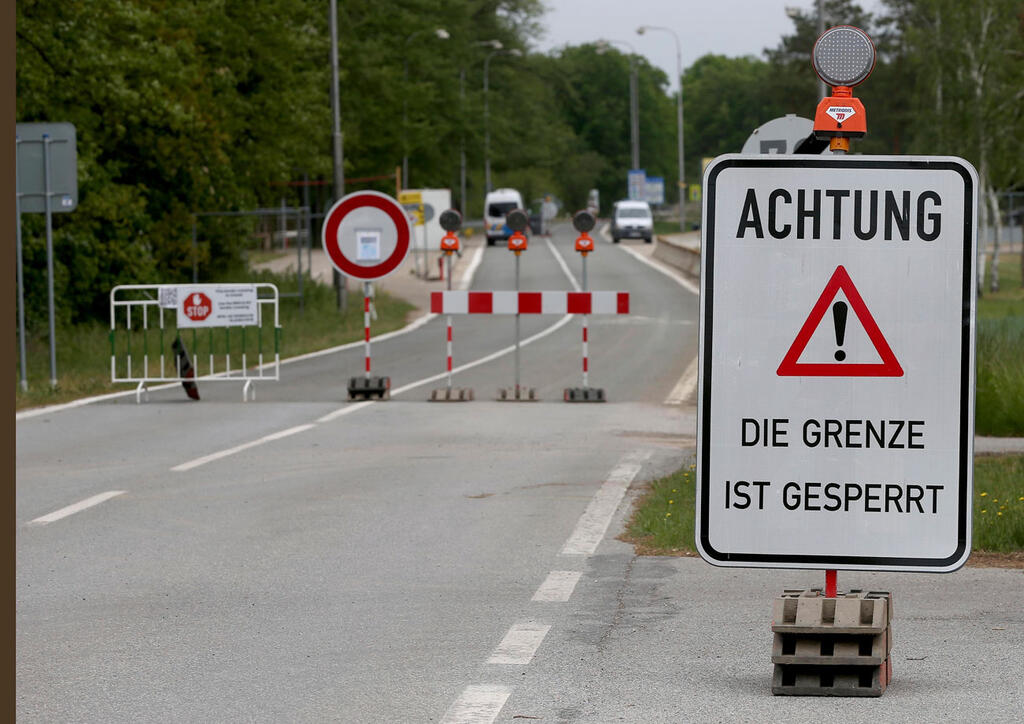Getting your Trinity Audio player ready...
The resurgence of populist far-right movements across numerous Western nations is a well-documented trend. However, in recent weeks, this tide of anti-immigration, anti-democratic and anti-European Union sentiment has been accompanied by a reimplementation of stringent border security measures.
Once emblematic of a peaceful, integrated Europe characterized by open borders and seamless cross-national movement, these ideals now seem distant as border protections are being re-enforced. This shift challenges the very relevance of the Schengen Agreements, a treaty that led to the creation of Europe's Schengen Area, in which internal border checks have largely been abolished.
Massive waiting lines at the Polish border
(Video: Alex Lituvechik)
Countries like Germany, France, Spain, Italy, Austria and Denmark have heightened border security, with some extending these measures into May and June 2025.
Germany spearheaded this initiative, responding to growing opposition to illegal immigration and concerns over radical Islam by reinstating strict border checks with France, the Netherlands, Belgium, Luxembourg and Denmark. The right-wing Dutch government announced similar measures last week.
Despite a post-COVID-19 rebound in European tourism throughout 2024, escalating illegal immigration, expanding criminal networks and terrorism fears are likely to result in prolonged border crossing times, especially for non-European passport holders.
While existing regulations, such as the allowance for stays of up to 90 days every six months for non-EU passport holders remain unchanged, enforcement is set to intensify, particularly at land borders.
This will impact those traveling between Schengen countries by car, bus or train. Starting in 2025, those entering Europe without an EU passport will undergo biometric registration, including fingerprinting, with data stored for three years.
Additionally, from the beginning of next year, all foreign nationals exempt from visa requirements will need to complete an online form with a nominal fee to stay in Europe, akin to the U.S. ESTA system.
Under the Schengen Agreements, EU member states are not meant to enforce border crossings but can temporarily intensify border checks with four weeks' notice if they substantiate that such measures will mitigate a genuine security threat. This must be a last resort under the agreement. It appears many European countries now regard this as their final option.
Get the Ynetnews app on your smartphone:





